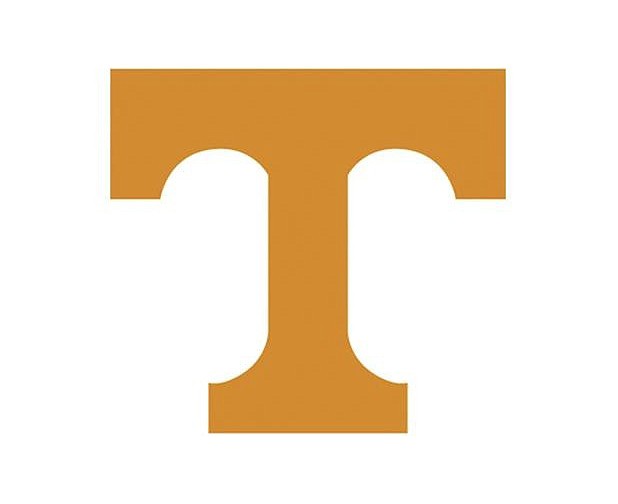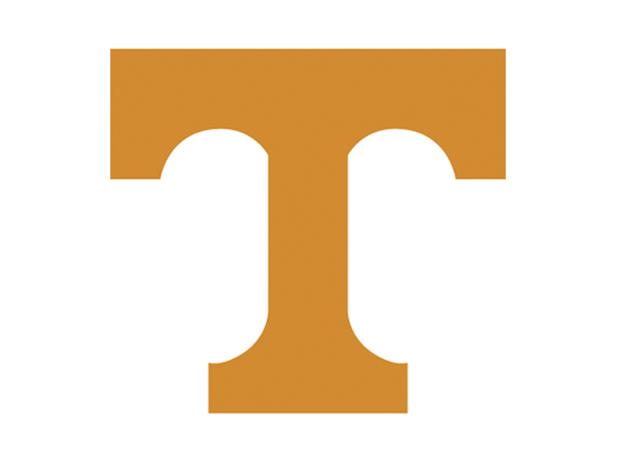KNOXVILLE - Fraternities at the University of Tennessee appear to have been sanctioned less frequently in the past year, after an alcohol-related incident led to campuswide reforms, documents show.
The Knoxville News Sentinel reported that it obtained documents from the university showing that while campus police are still finding liquor bottles in basements and empty beer cans on front porches along Fraternity Park, punishments for such infractions are becoming less frequent.
University fraternities implemented sweeping reforms following embarrassments that resulted in two chapters closing. The one that garnered most attention occurred Sept. 22 at the former Pi Kappa Alpha chapter house, where members were found intoxicated after one of them was brought to a hospital emergency room passed out.
Police said a wine enema was the cause of the extremely intoxicated 20-year-old's condition, which became the target of late night television humor.
Fraternity leaders said the ridicule led them to improve their behavior.
"Every fraternity and every member has made an effort to act smarter and do things you wouldn't mind telling your parents about," said Chase Pritchett, president of the Interfraternity Council and a Phi Sigma Kappa member. "The focus has turned to, look at what can happen when you're not thinking about the consequences of actions."
In the roughly five years before last September's incident, 14 fraternities had been sanctioned 30 times, totaling 68 violations that include alcohol abuse, physical abuse, hazing and nudity, according to documents obtained by the News Sentinel last year.
Two of the fraternities, Pi Kappa Alpha and Phi Gamma Delta, have since been shut down.
Since the Pi Kappa Alpha scandal, however, there have been four incidents by three fraternities totaling nine violations, according to records released by UT last week.
Two fraternities were on probation when they broke the rules and were given additional semesters of it, meaning they can't host events at their houses or participate in Greek activities like Homecoming.
There are punishments doled out for individuals.
Finding an appropriate penalty for the fraternities and sororities as organizations can be difficult, said Jeff Cathey, UT's associate dean of students.
"You can do probation, you can extend it, you can make it more strict and take away more rights, but ultimately there's still this ledge of this huge gap between a probation and a suspension," he said, referring to the ultimate punishment of kicking a fraternity or sorority off campus. "There's that struggle of, what else is there to do?"
The university and the Greek organizations have implemented changes, such as regular police patrols. Fraternities hired off-duty officers for the weekends.
The Interfraternity Council has raised the grade-point average requirement for members to 2.75. The Division of Student Life has started publicly posting grade-point averages and disciplinary sanctions about each fraternity and sorority.

